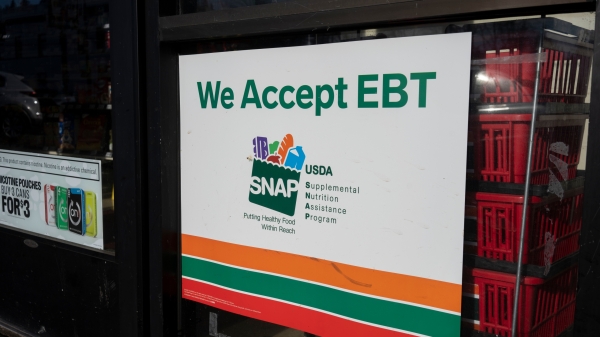A bill that would have restricted the ability of the state health officer to issue emergency health rules died in the House Wednesday on a procedural vote.
The bill, sponsored by Sen. Arthur Orr, R-Decatur, would have required the governor to approve of any such orders and file them with the Secretary of State.
The legislation is a reposes to the emergency health orders at the very start of the pandemic, when businesses were shuttered in an attempt to prevent COVID-19 from spreading.
Democrats questioned whether the bill could prevent urgent actions from being implemented quickly enough.
“There are many situations where a decision has to be made right now,” said Rep. Sam Jones, D-Mobile. “I would not want to get in a position where there is a dire need emergency that takes place in a particular area of the state and the health officer can’t do anything until he goes through the political process.”
Rep. Rex Reynolds, R-Huntsvile, said there is language in place ensuring that if an agency determines there is “immediate danger to the public health, safety or welfare” the rules can be bypassed.
“We are just adding a layer of transparency and accountability,” Reynolds added.
Some Republicans and businesses have taken issue with the way businesses were closed during the start of the pandemic, and with the prolonged continuation of mask mandates throughout the pandemic.
The bill failed on a 54-44 vote on the Budget Isolation Resolution. It would have needed about 60 votes to pass.






















































